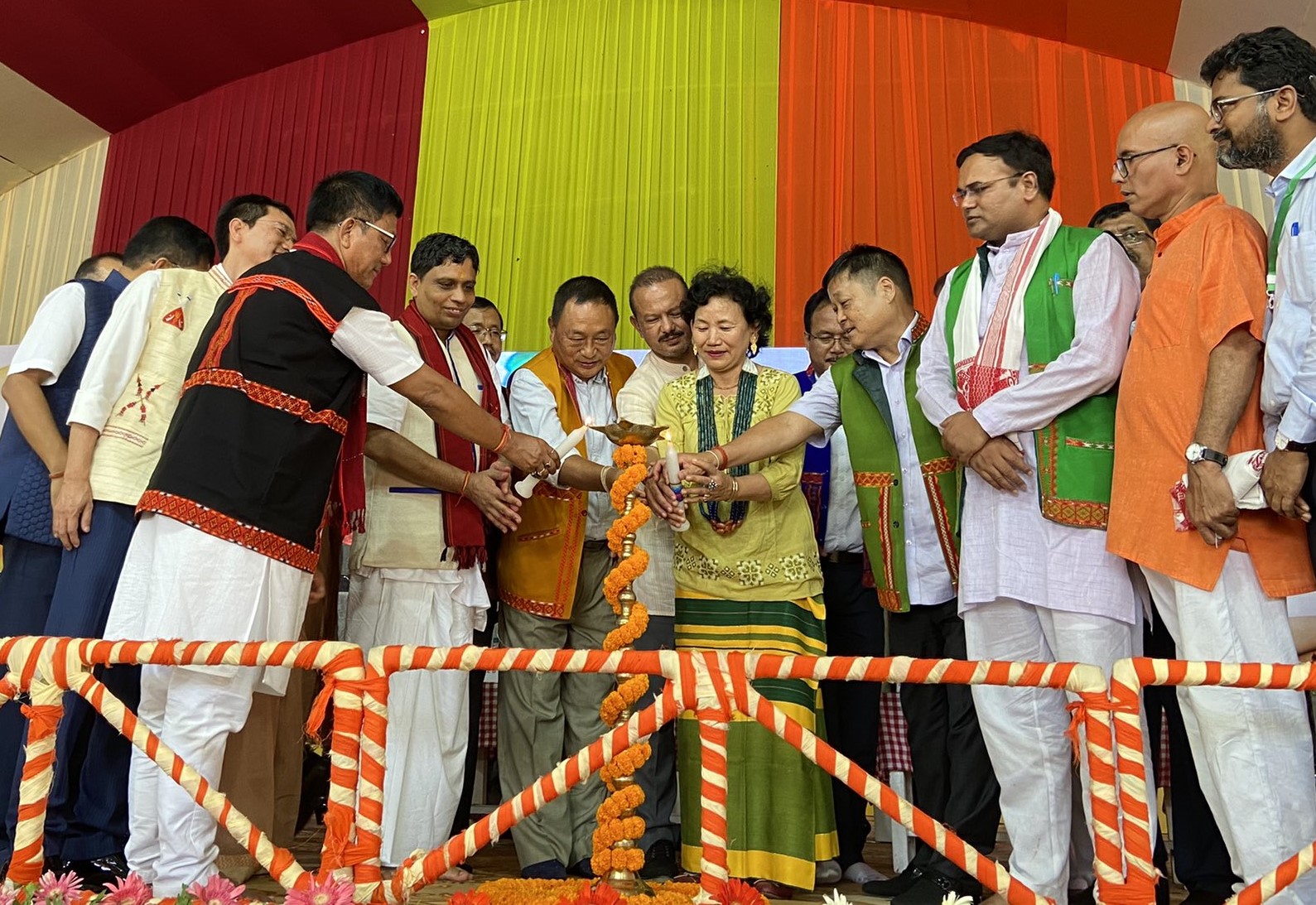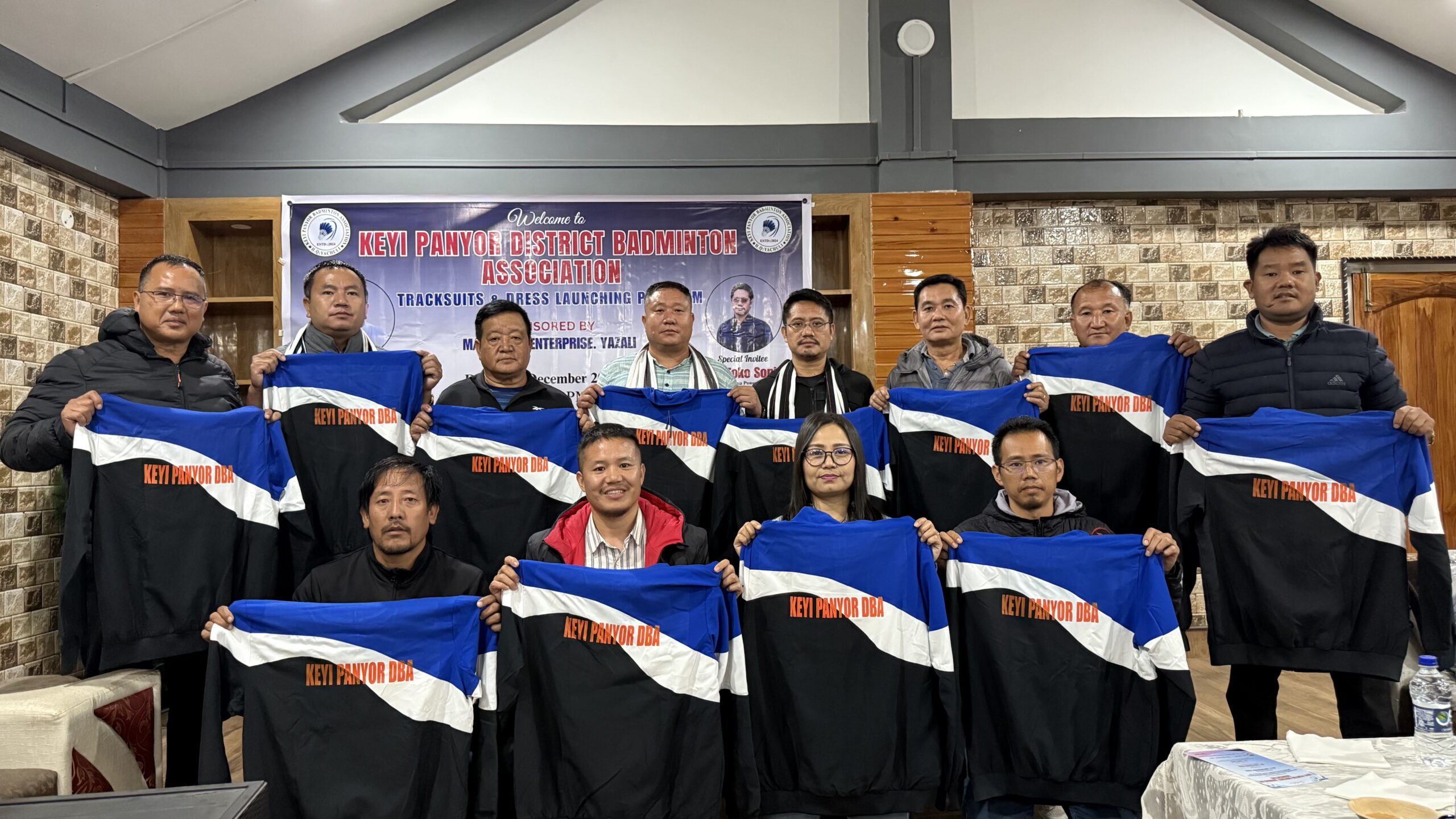Pasighat: In a historic development, Arunachal Pradesh agriculture minister Tage Taki and Patanjali Yogpeeth co-founder Acharya Balkrishna laid the foundation stone for the first modern integrated palm oil factory at the Niglok Industrial Growth Centre near here on Wednesday.
The development sets the pace for Patanjali Foods to undertake oil palm plantation across 38,000 hectares in Arunachal Pradesh.
Congratulating the people for the oil palm processing mill, Taki said the union cabinet chaired by Prime Minister Narendra Modi had in August 2021 approved the promotion of oil palm cultivation in the country with a mission to boost the economy of the nation at large.
The Union Cabinet had in August this year, approved the National Mission on Edible Oils Oil Palm (NMEO-OP) with a financial outlay of Rs 11,040 crore to promote domestic cultivation of oil palm in the next five years.
The government had also proposed to bear two percent of the Crude Palm Oil (CPO) price to ensure that farmers in the Northeast and Andaman & Nicobar Islands are paid at par with the rest of India.
“Later, the state government led by chief minister Pema Khandu considered the establishment of the mill and nurseries after a series of surveys, discussions or meetings with experts and scientists,” Taki said.
Balakrishna said Patanjali Foods Limited (formerly Ruchi Soya Industries Ltd.) has signed a MoU with APIDFC Ltd, a state government undertaking under the Industries Department, for setting up the oil palm processing unit at Niglok Industrial Centre.
All necessary approvals and statutory clearances pertaining to the land were also obtained for the factory to be developed, he said.
Balakrishna said Patanjali Foods is the first in the country to import high-quality hybrid variety imported seed sprouts from selected identified countries for the benefit of the farmers.
Employment generation in the farm sector can be achieved through such initiatives, he said.
He added that such an initiative will give impetus to the NMEO-OP to make India self-reliant in edible oil and also the doubling of farmers’ income.
India is notably the world’s second-largest consumer and number one importer of vegetable oil and it meets about 70% of its needs through imports from Indonesia and Malaysia, draining about Rs 1 lakh crore annually.
Setting up palm oil industries in the country is expected to save a lot of money.
Earlier, Balakrishna and Taki along with MLAs Ninong Ering, Kaling Moyong, Lombo Tayeng and Gabriel D Wangsu and other dignitaries later took part in the ceremonial bhumi-pujan, plantation, lighting of the ceremonial lamp and distributed ablation and chisels.
Also read: Nyishi handlooms take first step for GI registration





